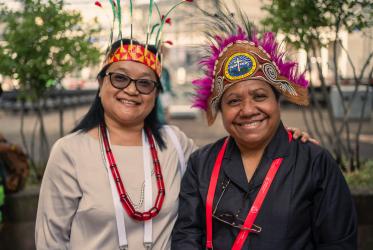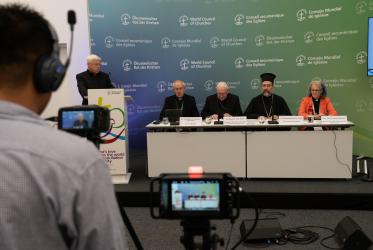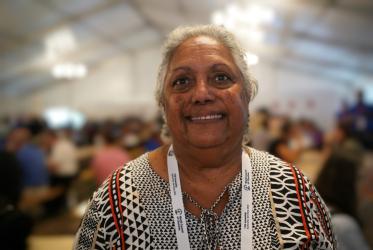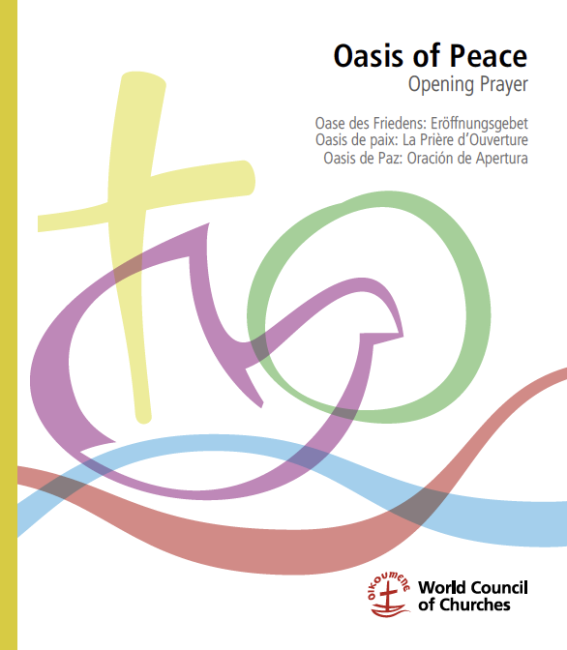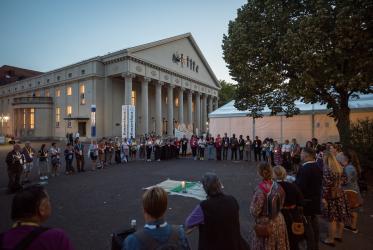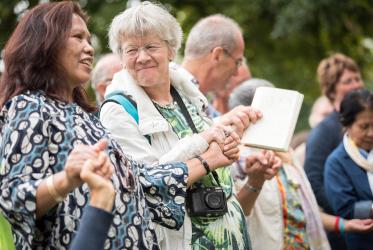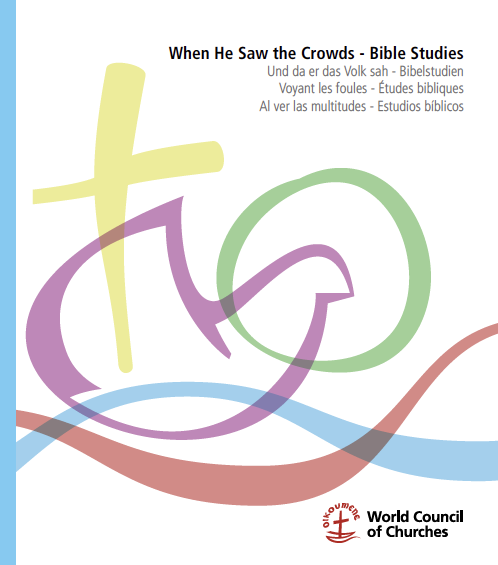Displaying 161 - 180 of 1542
19 September 2022
Assembly workshop looked toward ending AIDS epidemic by 2030
19 September 2022
Christ’s Love (Re)moves Borders – GETI 2022 in images
13 September 2022
Promoting human dignity through art
06 September 2022
Indigenous women struggle for identity in Asia and beyond
05 September 2022
Women with disabilities want to belong in churches
31 August 2022
Oasis of Peace Opening Prayer
30 August 2022
EDAN Pre-Assembly starts with induction of new members
29 August 2022
A Hundred Years of Mission Cooperation
The Impact of the International Missionary Council 1921-2021
21 August 2022
Together in the Mission of God
Jubilee Reflections on the International Missionary Council
21 August 2022
When He Saw the Crowds - Bible Studies
15 August 2022


